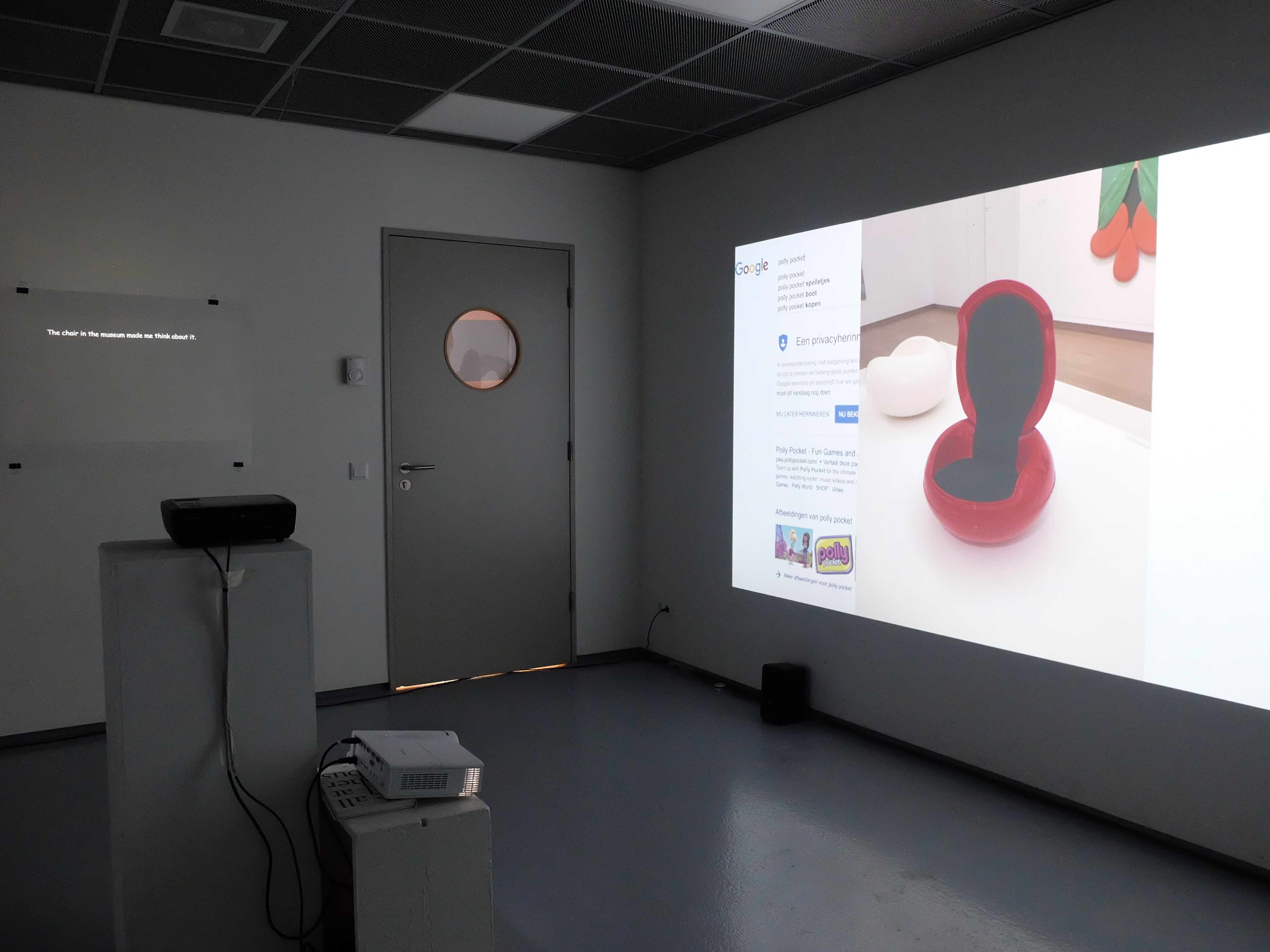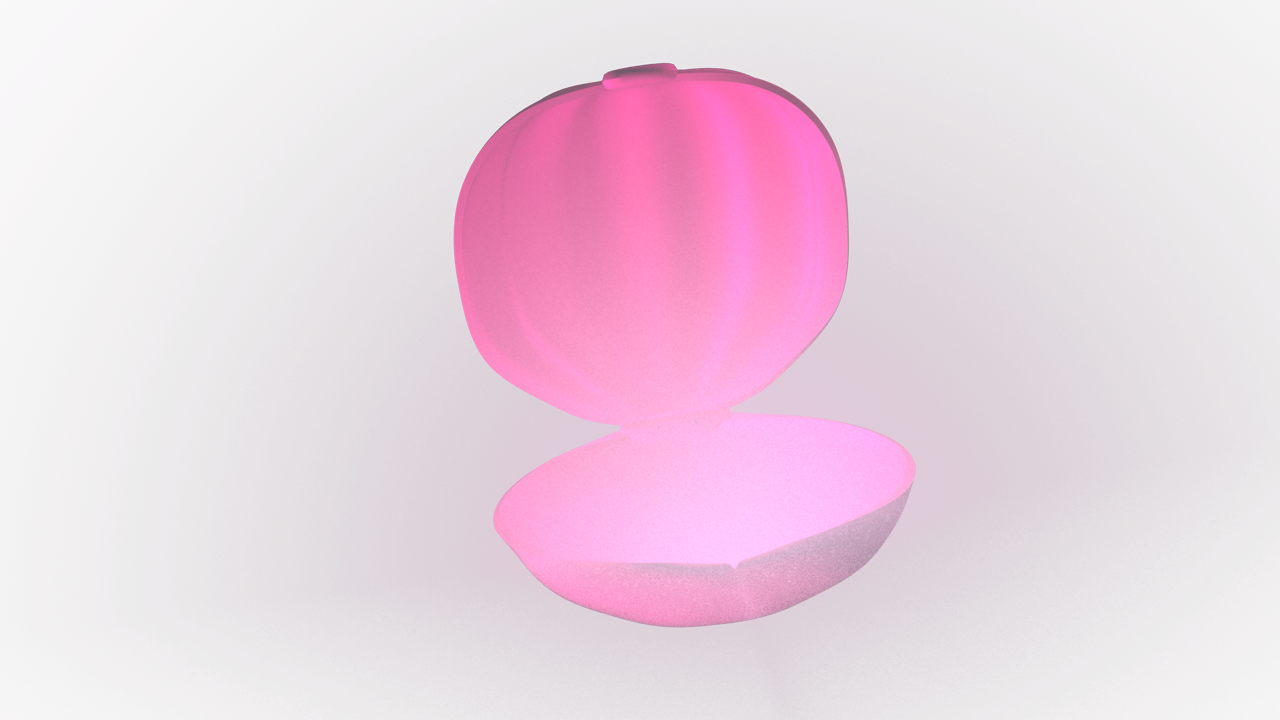Polly is an ongoing project.
This movie is an excerpt of the first experiments with the subject of memory, involuntary memory and personal memory.
The project takes its inspiration from a fascinating perspective on memory, particularly how we increasingly delegate our recollections to the digital sphere. This led to an intriguing exploration of the construction of memories, highlighting the idea that memory itself is an intricate construct. The project found its basis in studies examining the impact of photographing objects on our recollection of them. Surprisingly, when people photographed whole objects, they remembered fewer details about the objects and their locations compared to simply observing them. This implies that the act of capturing a photo allows us to subconsciously entrust our memories to an external device—the camera.
The project's genesis was an involuntary memory triggered during a visit to the Stedelijk Museum, where a chair resembling an oyster sparked a nostalgic association with a childhood toy—the Polly Pocket. This association evoked not only memories of playing with these toys in a friend's attic but also recollections of the stories and personal details associated with this period. Interestingly, this friend had a larger collection of Polly Pockets, a fact that at the time stirred a bit of envy. Returning home and looking up Polly Pocket online brought up images that are likely to be the same ones viewed by others reminiscing about their childhood toys.
The resulting video is a tapestry woven from digital reconstructions of personal 'memories'. It incorporates segments from the short film InAflash, where approximately 11,000 photos spanning childhood, teenage years, and adulthood flash by in quick succession. This montage mimics the life-review phenomenon often described in near-death experiences. Accompanied by various renditions of 'Yesterday', one of history's most covered songs, the soundtrack acts as a metaphor for the construction of memory.
1. Google Effects on Memory: Cognitive Consequences of Having Information at Our Fingertips; Betsy Sparrow, Jenny Liu, Daniel M. Wegner
2. Point-and-Shoot Memories: The Influence of Taking Photos on Memory for a Museum Tour; A. Hekel

